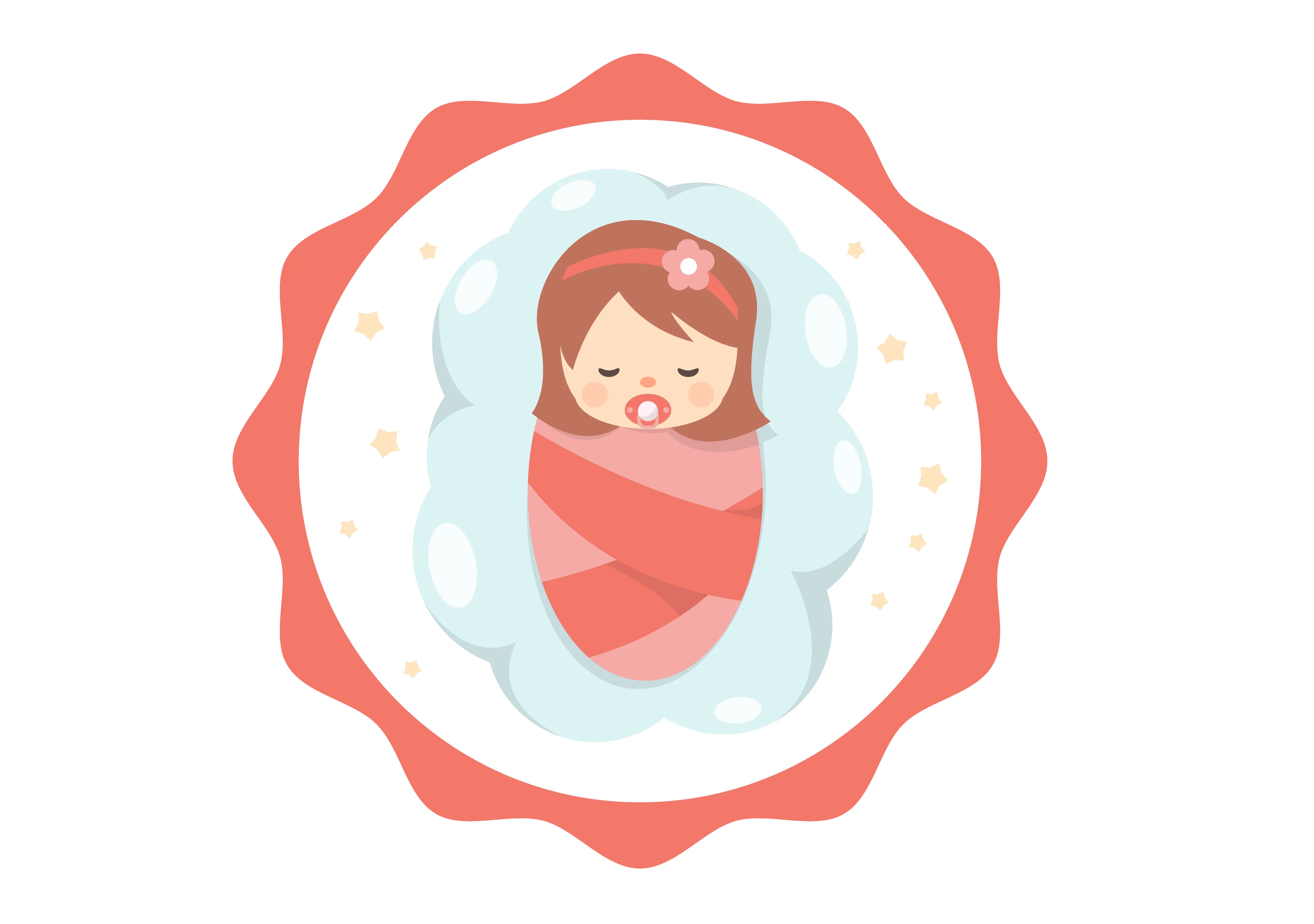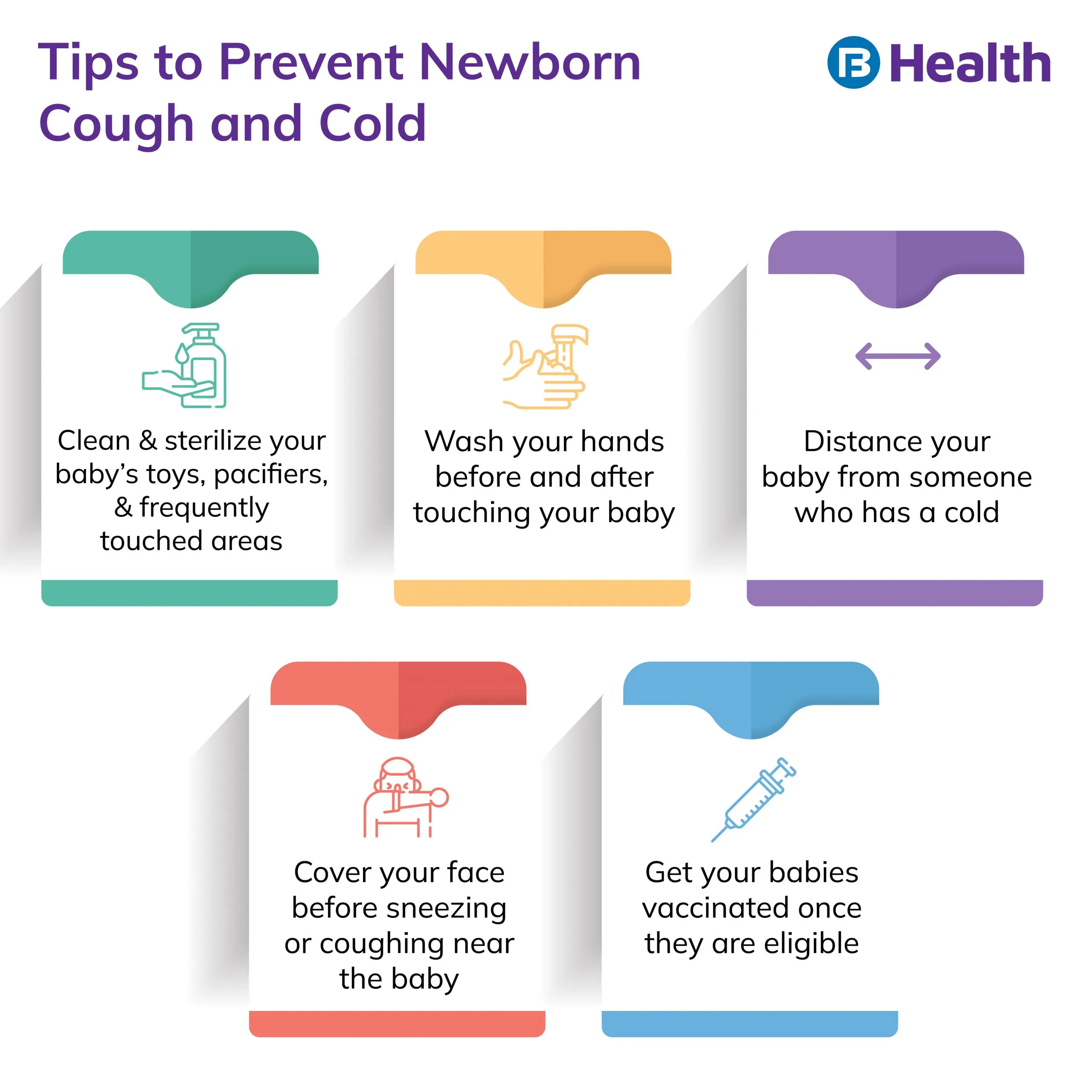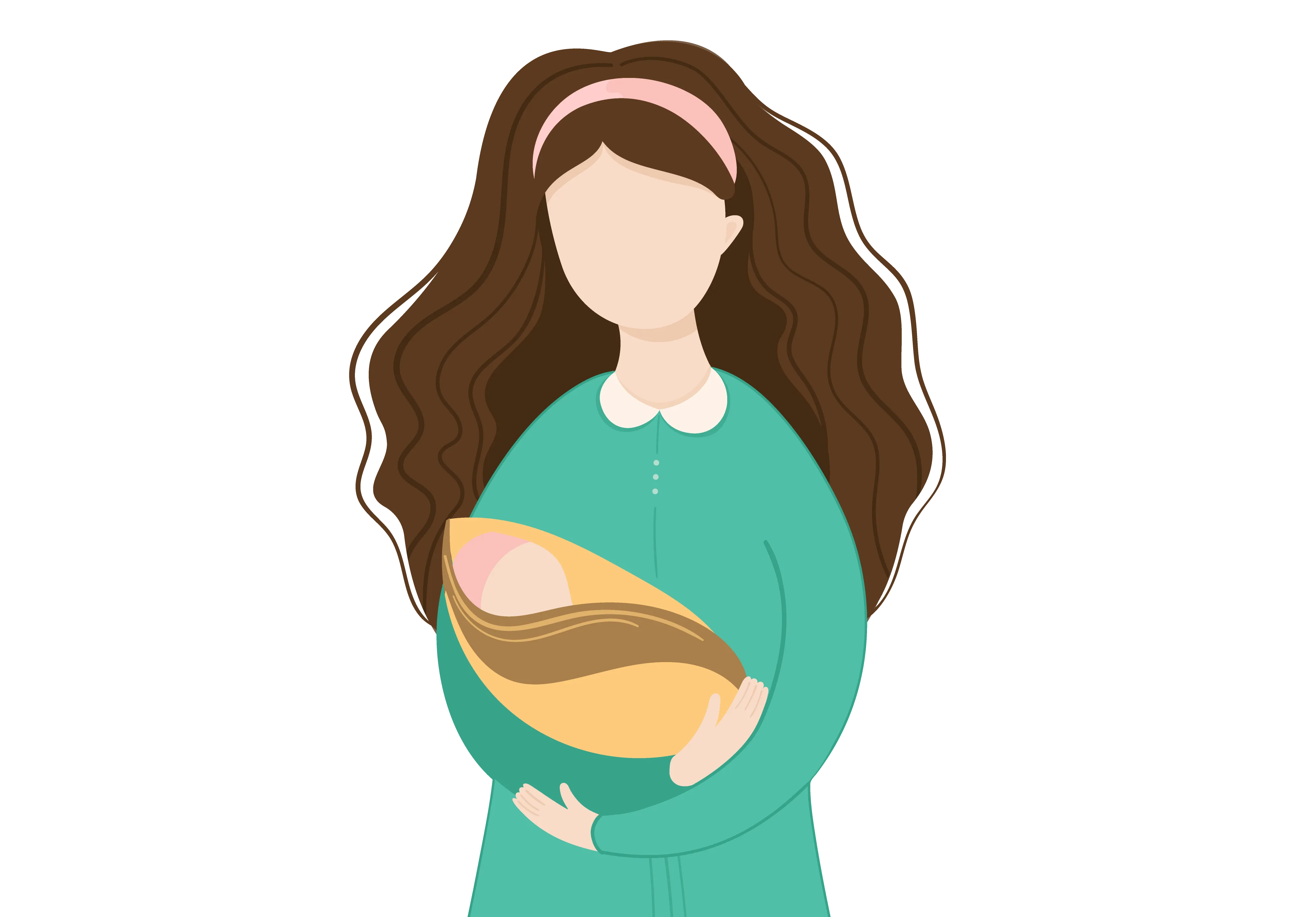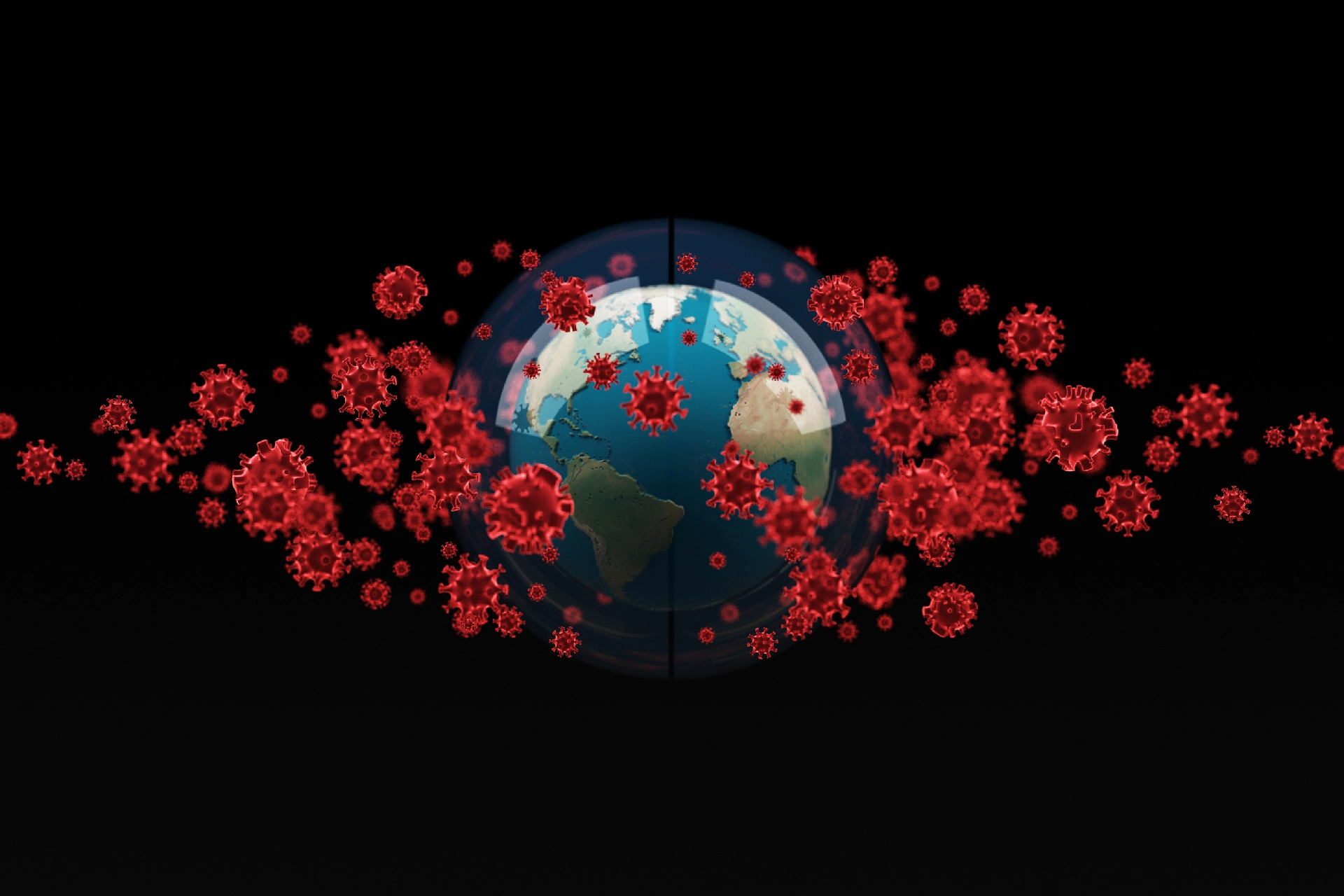Paediatrician | 5 min read
Newborn Cough and Cold: Causes, Risk Factors and Treatment
Medically reviewed by
Table of Content
Synopsis
It is common to see a newborn cough or have a cold multiple times in a year but getting immediate treatment for newborn dry cough or cold is essential. Read on to know more about the signs and causes.
Key Takeaways
- In a newborn cough and cold is common due to an immature immune system
- There can be reasons other than cold, for your newborn coughing or sneezing
- Newborn cough remedy at home includes clear nasal passage through drops
In a newborn, cough and cold is a frequent instance because they are yet to develop an immunity against the cold viruses. For a newborn cough, the normal occurrence can go up to 8 times in a year [1]. This does not mean that you shouldn't get immediate treatment. But for parents to effectively treat newborn cough and cold, it is important to understand the cause, symptoms, and various treatment options. This is because newborn cough can be a result of other health conditions and not just a cold.
Newborn cough and cold are caused by the same viruses that cause a viral infection in adults. There are around 100 cold viruses that can cause newborn cough and cold [2]. Infection from different viruses is common because their immunity is not yet fully developed. But as your baby gets the infection, it will lead to the development of their immunity against the viruses. This, however, does not eliminate the need to seek a doctor's consultation immediately. Read on to know more about newborn cough and cold and the different reasons for your newborn coughing and sneezing.
Symptoms of Newborn Cold
As a parent of an infant, it may be common to see your newborn cough or sneeze more frequently. An initial sign of cold in an infant is a runny or stuffed nose. Apart from seeing your newborn sneeze, you may also notice the following signs of a cold:
- Fever
- Being fussy or irritable
- Trouble sleeping
- Loss of appetite
- Difficulty in drinking from a bottle
- Problems in breastfeeding
Remember that it is normal for your newborn's nasal discharge to progress from being clear to being thick and/or yellowish. This is not a sign that your baby's cough or cold is getting worse. However, you should still take prompt measures to treat newborn cold.
Additional Read: Crucial Newborn Baby Care Steps
Treatment for Newborn Cough and Cold
To treat your newborn's cough, you can choose two options – prescribed medication or newborn cough remedy at home. These may include the following:
Medicines to reduce your baby's fever
If your infant's fever does not go down or is making them uncomfortable, you can try medication. Be sure to follow the doctor's advice on the type of medicine and its dosage so as to keep your baby safe from complications.
Medicines to control newborn cough and cold
These medicines are generally not advised for a newborn because they do not treat the cause of the newborn's cough and cold and can be harmful to your baby's health. Avoid taking this medicine unless your doctor prescribes it.
Home remedies for newborn cough and cold
There are many tried and tested home remedies that you can use to treat newborn cough and cold. Some of them include:
- Using saline drops to clear congestion
- Suctioning your baby's nose to remove the mucus
- Using a cool humidifier to moisten the air in the room
- Giving plenty of fluids to prevent dehydration

Causes and Risk Factors for Newborn Cough
A common reason for newborn cough is the cold virus. These viruses, most common being Rhinoviruses, enter your baby's body in various ways. The most common passage for a virus to enter your baby's body is through the nose, mouth, and eyes. Your baby can get the viruses in three situations which are:
- When a sick person doesn't cover their mouth while coughing, sneezing, or talking
- Your baby comes in direct contact with a sick person
- Your baby touches an unsanitized or contaminated surface
Your newborn baby may also be at a higher risk of developing a cold because of an immature immune system, the weather, or being exposed to sick children.
Complications of a Cold in a Newborn
Getting treatment as soon as you see your newborn cough or sneeze is important because it can help you avoid complications. Some of the common conditions that can develop with a newborn cold are:
- Acute sinusitis
- Wheezing
- Otitis media (acute ear infection)
- Other infections such as croup, pneumonia, bronchiolitis
If you notice any signs of complication, you should contact a doctor immediately. You should also remember that if you don't see any symptoms but feel that something is not right, it is best to talk to a doctor about it.

Different Causes for Newborn Cough or Cold
Seeing your newborn cough or sneeze does not always mean that it is a cold. There may be other causes for it. Some signs that indicate a condition other than cold include:
- Pain in the ears
- Trouble breathing
- Loss of thirst and appetite
- Cough or fever for a prolonged period
- Quick breaths or wheezing
- Visible ribcage in every breath
- Blue lips
- Baby's health gets worse
Since there are many reasons behind newborn coughing, it is important to start treatment as soon as you notice the initial symptoms. This can help you protect your baby from any complications and ensures that the newborn cold is treated in a timely and effective way.
Book an appointment now on Bajaj Finserv Health to get consultation and advice from the best in the field. With guidance from an experienced pediatrician, you can easily take care of your newborn's health. You can also educate yourself about the symptoms of colic in babies, Apert syndrome, or any other illness. This way, you can not only take care of your baby's health but also stay on top of their health.
References
- https://www.nct.org.uk/baby-toddler/your-babys-health/common-illnesses/eight-facts-about-baby-and-newborn-coughs-and-colds
- https://my.clevelandclinic.org/health/diseases/17834-common-cold-in-babies
Disclaimer
Please note that this article is solely meant for informational purposes and Bajaj Finserv Health Limited (“BFHL”) does not shoulder any responsibility of the views/advice/information expressed/given by the writer/reviewer/originator. This article should not be considered as a substitute for any medical advice, diagnosis or treatment. Always consult with your trusted physician/qualified healthcare professional to evaluate your medical condition. The above article has been reviewed by a qualified doctor and BFHL is not responsible for any damages for any information or services provided by any third party.





